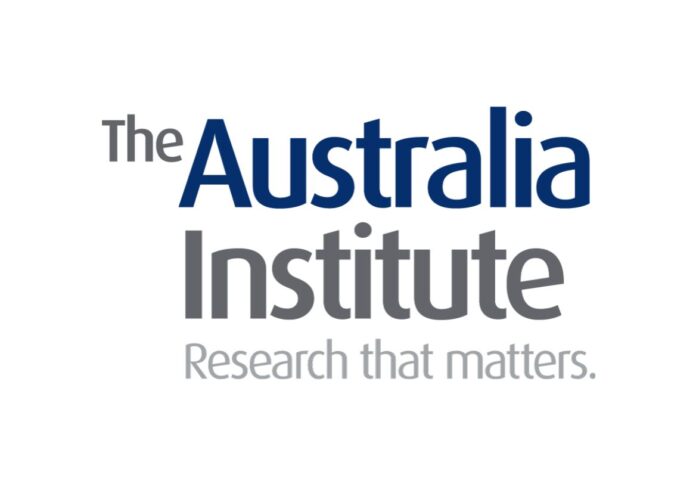
New research has found that the Australian government has the opportunity to raise approximately $1.5 billion annually by imposing a levy on businesses that import or manufacture plastic packaging.
An analysis from think tank The Australia Institute showed that the European Union-style tax on plastic packaging could generate $1,300 per tonne of “virgin” or unrecycled plastic.
“Australia is facing a growing tsunami of plastic waste and is expected to miss every recycling target it has set,” The Australia Institute’s Circular Economy & Waste Program Director Nina Gbor said.
According to data, Australia covers less than a fifth of the plastic used each year and consumption of even more waste that goes to landfills and oceans.
“Unless we drastically reduce or gradually phase out plastics altogether, in favour of compostable materials, this plastic waste problem will continue to grow,” Gbor said.
A levy introduced in 2021 in the EU requires member states to pay EUR 800 (AUD 1,308) per tonne of plastic packaging waste that is not recycled.
With 1.121 million tonnes of virgin plastic packaging waste produced in Australia per year, the federal government could raise $1.46 billion through a user-pays levy.
The Australia Institute analysis also revealed that only 14 per cent of Australia’s plastic waste is recovered through recycling, composting or by being turned into energy, falling from 18 per cent in 2008.
A survey by The Australia Institute has also found significant public support for stronger measures to mitigate plastic waste. Of the 1,002 people surveyed, 85 per cent support legislated waste production targets for producers, suppliers and retailers.
“We know that Australians support tougher action to curb plastic waste, and that taxes and schemes requiring producers to fund the collection and recycling of plastic they produce are working overseas,” Gbor said.
“Australia’s plastic consumption is increasing, not falling. The government needed to act yesterday and should start by following the EU’s lead.”




















